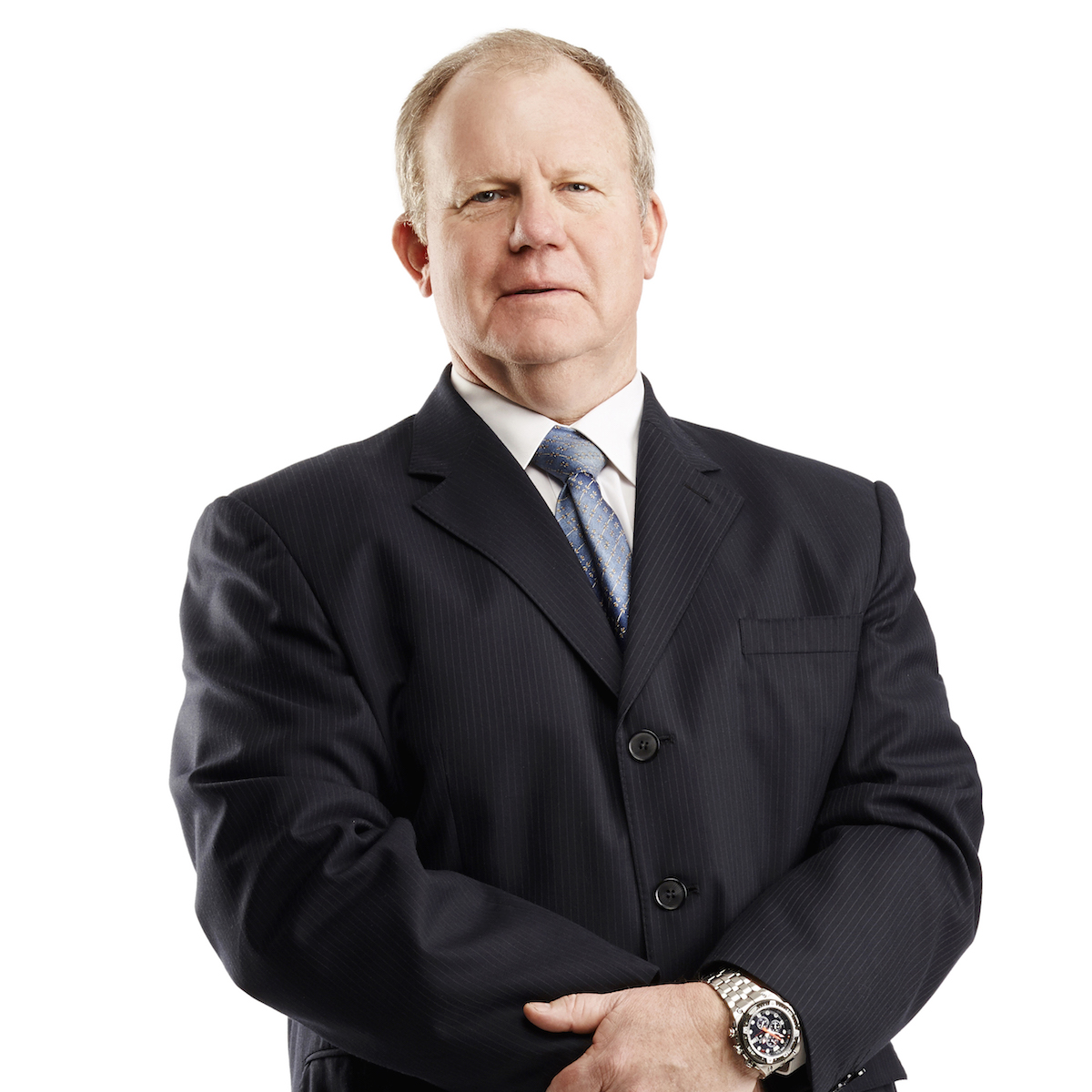Built with integrity: Andrew Briggs
Sustainability is more than a buzzword at Buxton Construction. It’s a philosophy that has enabled enormous business growth.
As a young boy playing with his dad’s tools in the garage, Andrew Briggs discovered a love of building and working with his hands. He certainly never dreamed of a corporate life. "I was always an outdoor person," he says. "My intention was to be, probably, working outdoors.
"Carpentry was one thing that I’d always had an interest in from an early age. I was always tinkering around in the garage and back shed at home, building cubby houses with whatever I could get my hands on. And when I went to school, I thought I’d never be working in an office." But as fate would have it, after four years of work, Andrew was seated behind a desk and he has been behind one ever since.
Andrew Briggs has built a collaborative business
That’s not to say that he’s stopped building. As managing director of Buxton Construction, his passion these days is to build a brilliant construction company. Since joining the management team in 1994, Andrew has helped the business grow from A$2 million to more than A$100 million in annual turnover. It’s been a gradual growth, in keeping with Andrew’s key philosophy: a focus on trust and integrity.
"We’re not out there to price every job that we can get our hands on just to feed the engine," Andrew explains. "It’s about being selective so we’re not running a large number of projects at any one time. Our philosophy is to only work on the number of projects that we’re comfortable with, so we know that we’re going to be able to service them." And it’s that level of personalised service, Andrew says, that is crucial to Buxton’s reputation.

"People understand that with every construction project that we do, that if somebody rings me up, I know exactly what’s going on, including all the issues and expectations. So it’s personalised. I like to say that we’ve built up from grassroots. It’s old-style service, but using current know-how and technology.
"We’re at the front of technological ideas; we’re not backward in that aspect. But our philosophy is old-fashioned. It’s like an old family-style business. It’s not contractual or confrontational. It’s more collaborative, working as a team, trying to get every stakeholder involved, so that everybody has ownership. I’d say that’s probably the main aspect that differentiates us from others.
"We work on the principles of trust, honesty and integrity. We’ve also got a superb reputation for delivering quality. That’s something that I insist on in every project we do: quality is number one."
Buxton Construction has the right team in place
So how does Andrew manage to maintain this level of service while on a large growth trajectory? As well as doing things at a sustainable pace, he hires right.
"Two or three years ago, we made a decision to branch out into larger projects, which isn’t as easy as saying, ‘We’re going to do larger projects.’ There are a number of factors associated with it. Your team is the first aspect. People would see that we haven’t got the experience in our team to be able to do those types of projects. So the first thing we did was to go out into the market and bring in the people who have the expertise in doing larger projects."
We work on the principles of trust, honesty and integrity. We’ve also got a superb reputation for delivering quality.
Andrew managed to secure the services of Andrew Hume, who is now a director manager, as well as an A-class support crew that includes Construction Manager Anthony Flynn, Commercial Manager Stephen Baker and Design Manager Mark Treloar, and project management teams led by project and site managers, all with major tier-one backgrounds. With his team in place, Andrew could then devise a vision for Buxton’s future.
"The business plan was kept very simple," he says. "It was to do two projects worth more than A$50 million each, four projects between A$30 and A$50 million, and four up to A$30 million, with the lower limit being set around the A$10 million mark. So that’s where we sit now.
"At some time, we’ll review that, probably in another two or three years. First, we’ll make sure that we’ve met our objectives, and then we’ll move the goalposts."